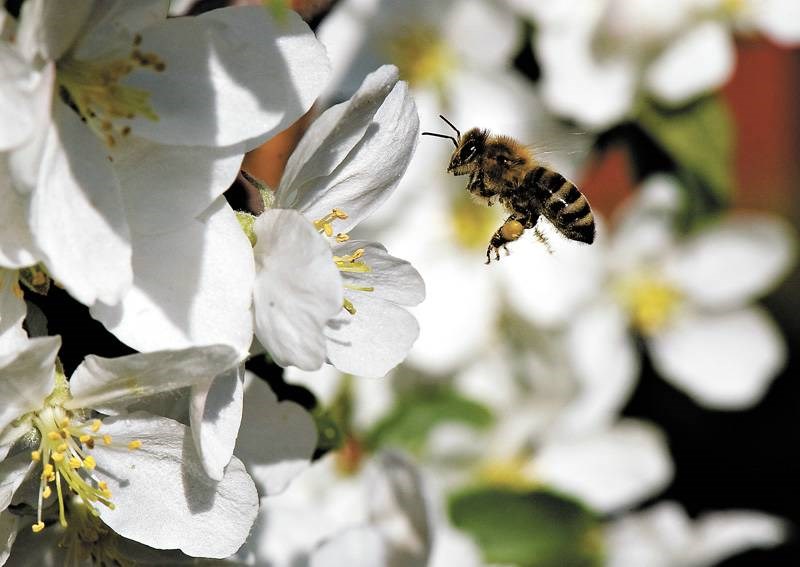New prize for healthy food
Local farmers can now win $10,000 from the premier for making local, healthy food.
The province announced the new Alberta Food for Health Awards last week. Under it, Alberta producers that make healthy food products have a chance to win one of five $10,000 prizes.
The money will go to producers selling food through farmers' markets, stores, food services (such as school cafeterias) and vending machines, says Kerry Engel, spokesperson for Alberta Agriculture. One prize will go to a researcher of healthy food.
Those foods must be made in Alberta from Alberta ingredients, Engel says, and meet the "choose sometimes" or "most often" standards of the province's nutritional guidelines for youth. (A sausage would have to have less than 10 grams of fat under those guidelines, for example.)
Raw products like carrots won't qualify for the award, Engel notes, but processed goods like carrot juice will. Products have to be on the market by Jan. 1, 2010, and need an official nutrition label.
The prize aims to recognize small-to-medium-sized food producers, Engel says, but is open to all Albertans.
Carol Olivieri of St. Albert's Blue Kettle Specialty Foods wasn't sure if she'd qualify for the award; she makes healthy salsas and sauces, but the award excludes condiments.
Prizes like this help build support for local food, Olivieri says, and help small businesses come up with new products. "We still get people who are surprised when we say we're from St. Albert."
Contest winners will be announced this March. Details are available at www.albertafoodforhealthawards.com.
Cow tracing tweaked
Alberta is re-jigging its rules for tracking cattle after a year of operation.
Alberta Agriculture's livestock traceability rules kicked in this January. As of this year, newborn calves need to have their ages registered to prevent the spread of illness — specifically mad cow disease.
The province announced two tweaks to those rules last week. Producers now have 10 months, rather than eight, to put an industry-approved Radio Frequency Identification (RFID) tag on new calves and register their birthdates. Feedlots with over 1,000 head of cattle a year now have to report the arrival of new cows, a requirement previously applied to lots with over 5,000 cows.
The changes should encourage more farmers to register the actual birthdays of their cows, says Rich Smith, general manager of the Alberta Beef Producers. Farmers can have hundreds of calves each year, he explains, and often peg their birthdays to the start of calving season. "You end up with animals that can be registered as two to three months older than they actually are," he says, which can lock them out of places with tight age restrictions (such as Japan).
"The best records are individual birthdates," he says, but the original rules discouraged their use — farmers had to tag all their animals within three months of birth, which was an expensive hassle. The new rules let them use cheaper tattoos or dangle tags at three months, with an RFID tag and registration at 10.
Farmers seem to be getting used to registering their cattle, Smith says, although many were miffed that the province had legislated it. "We're going to have a significant number of age-verified cattle available to market."
Terry Sheehan near Westlock says he sees a lot of value in age tracking, although he admits he's in the minority — he's always had to track his cows' ages as an organic beef farmer. "I think it's good for the industry as a whole," he says. "If we have future incidents [with mad cow], it will be nice to be able to say we're able to verify the ages of our animals."




